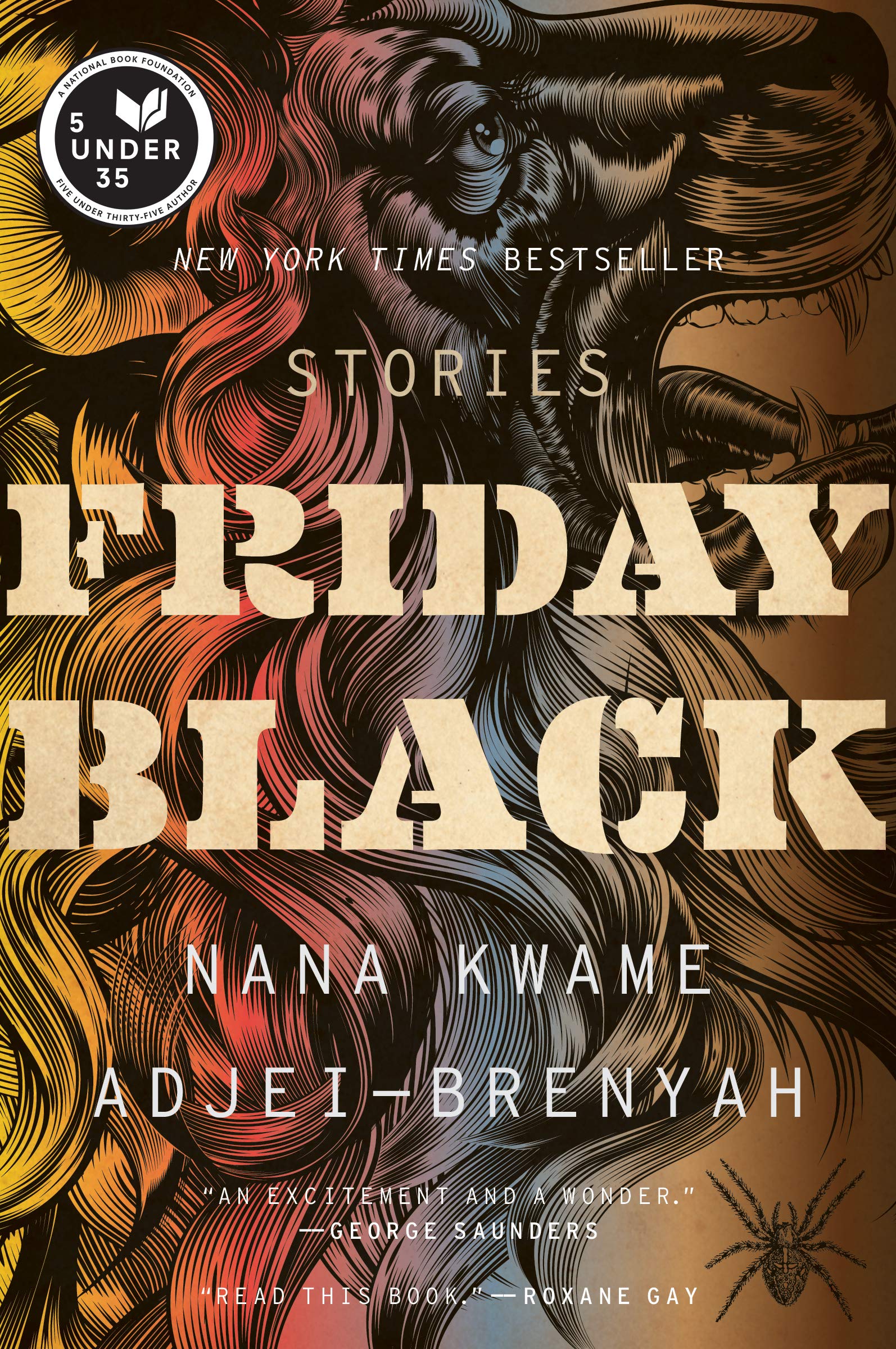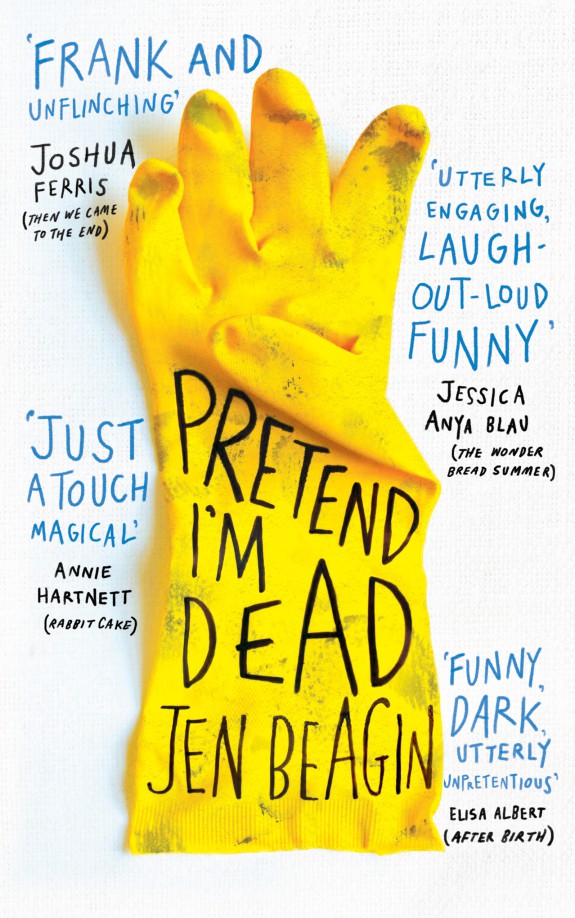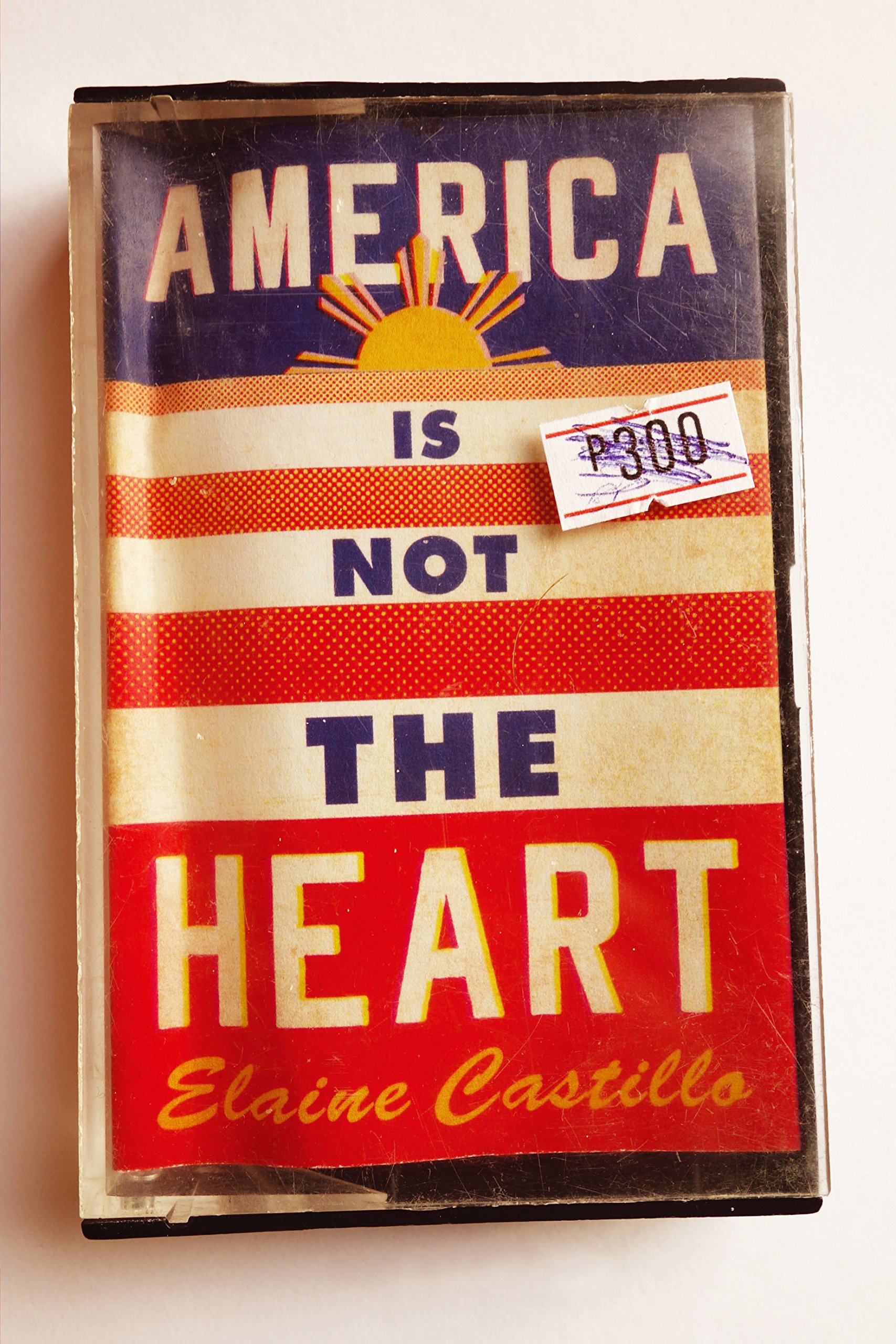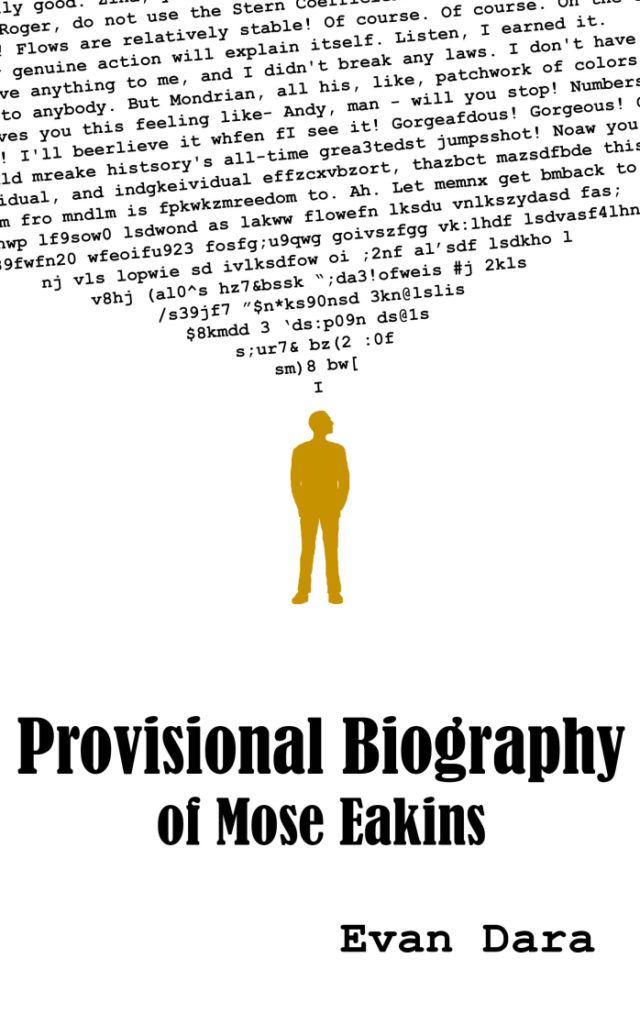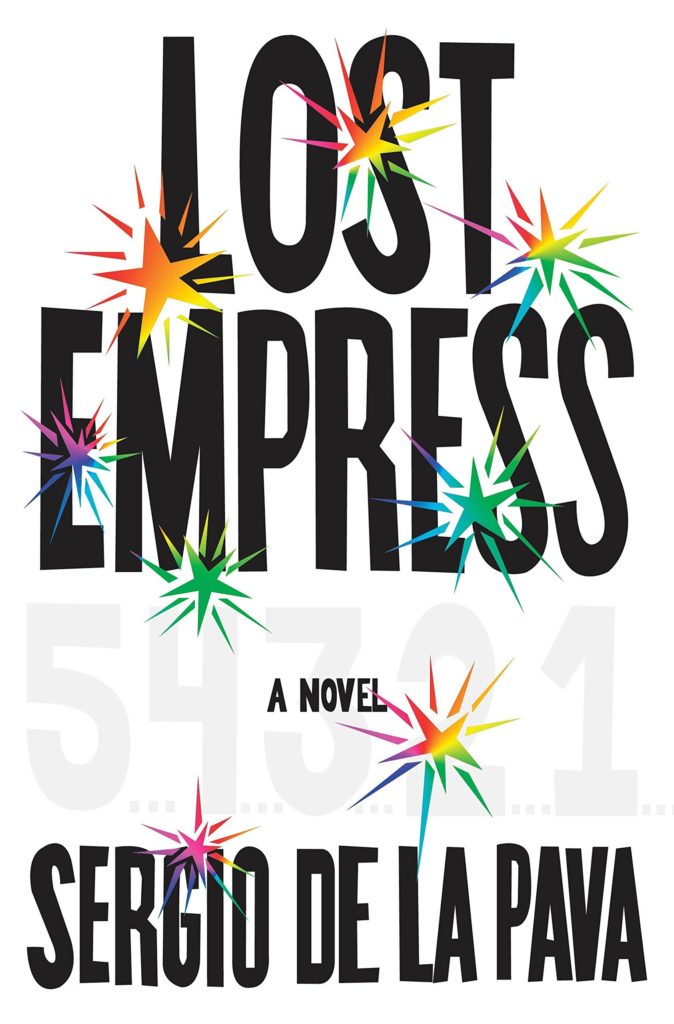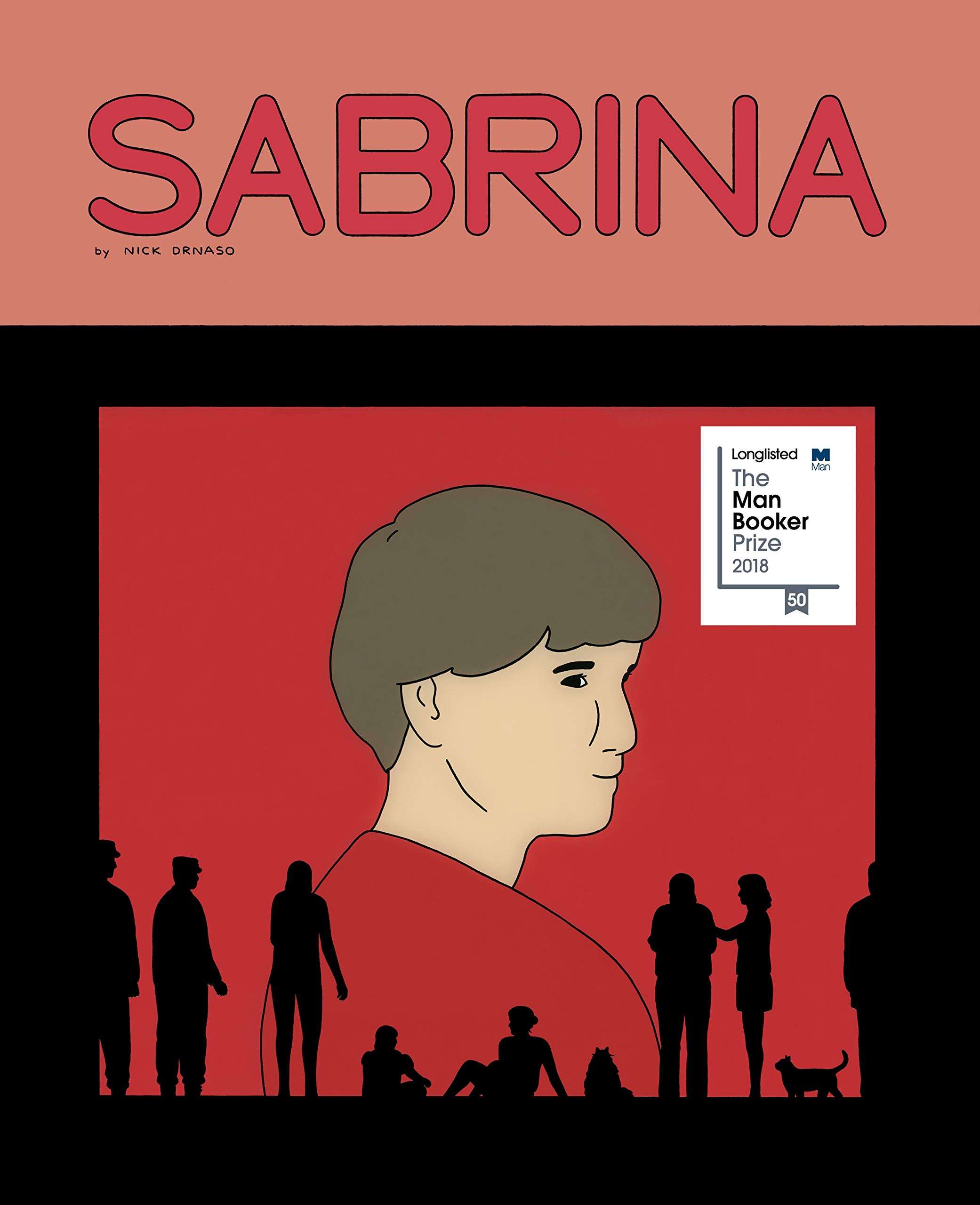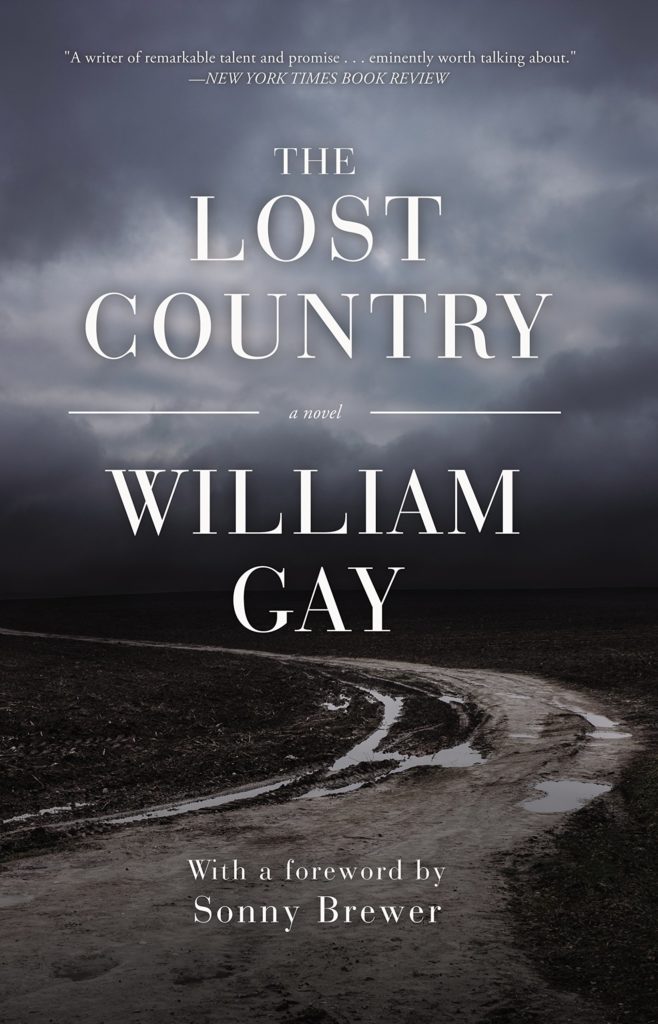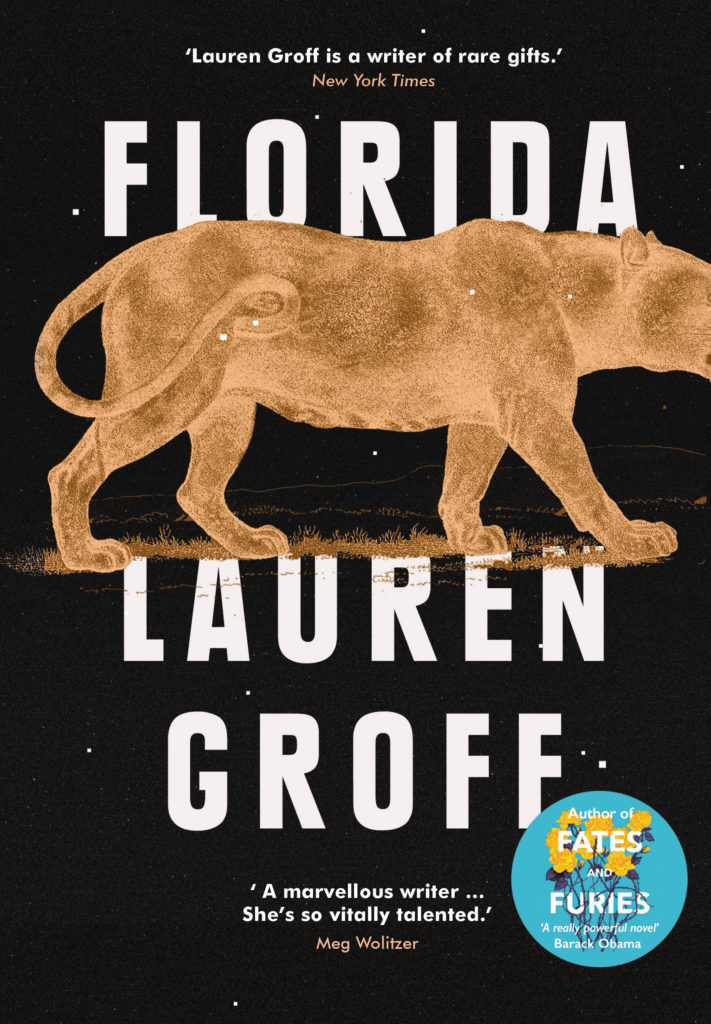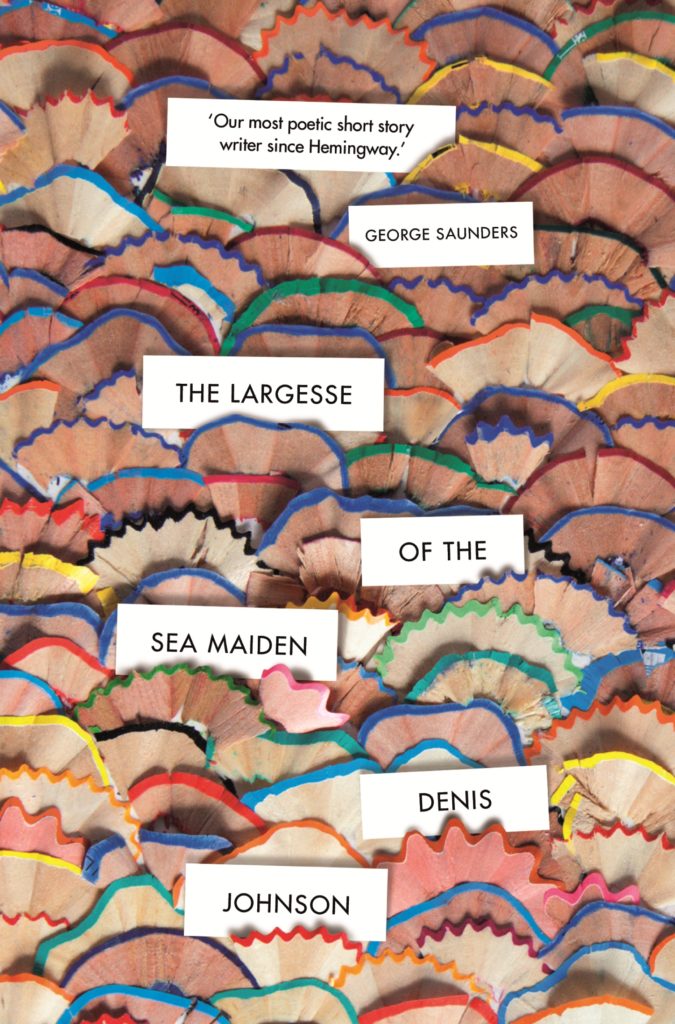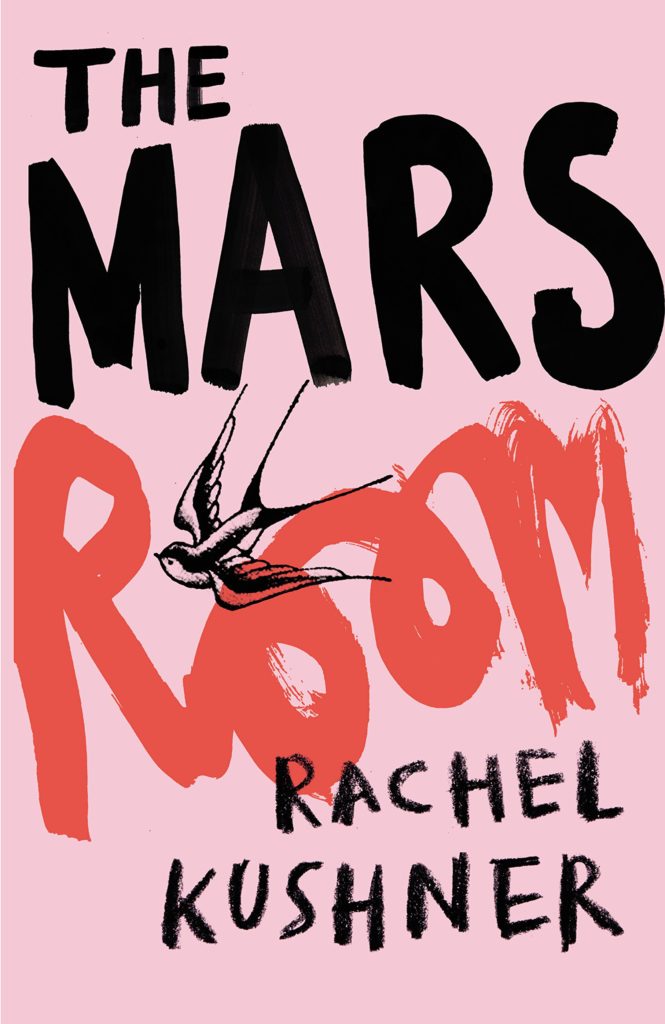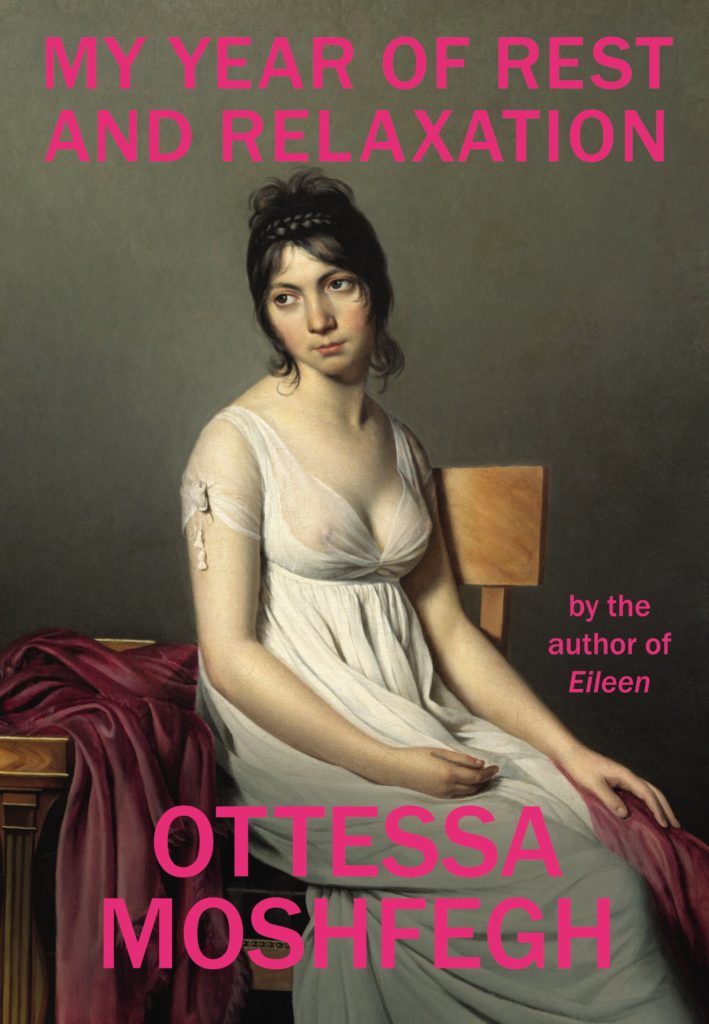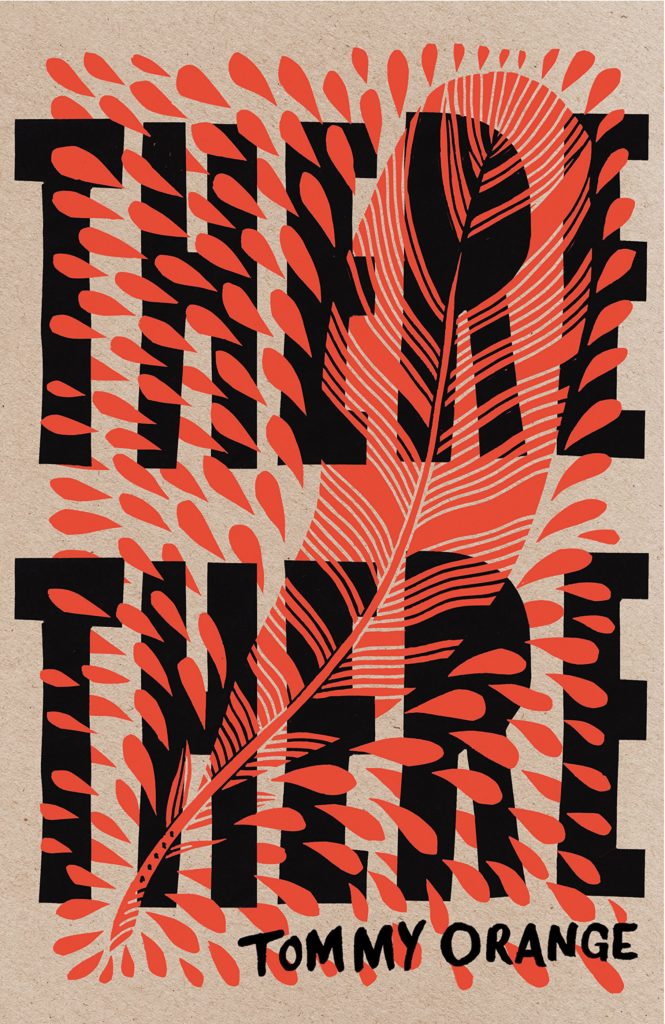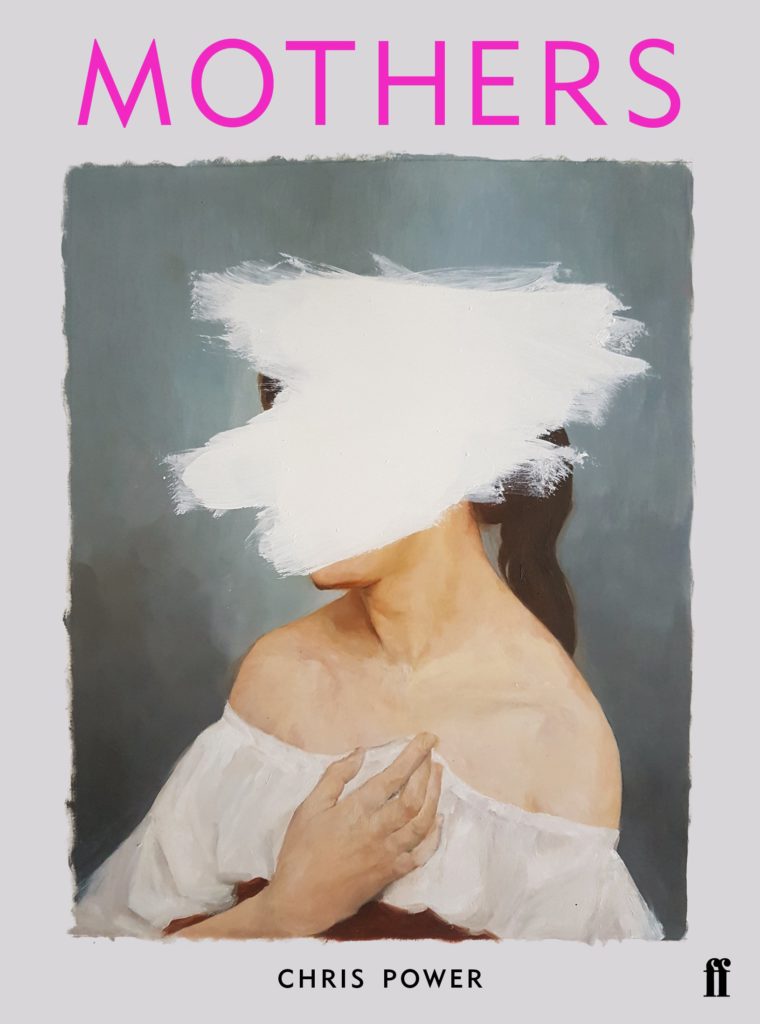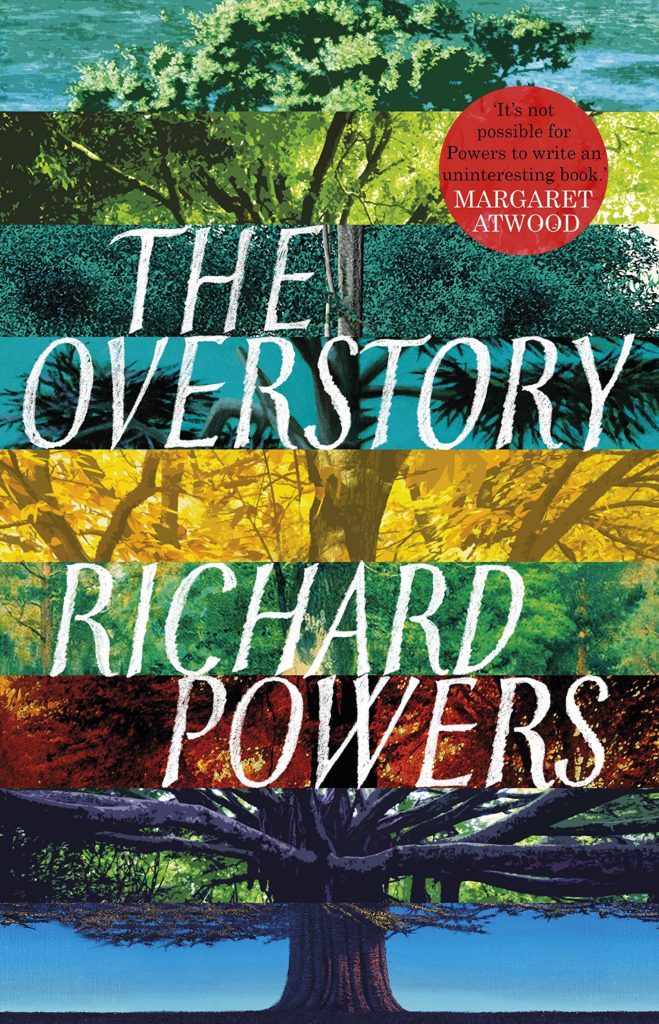Nana Kwame Adjei-Brenyah – Friday Black
Mariner Books
“Through its peculiar blend of horror, sci-fi and satire, Friday Black presents America as caught in a funhouse mirror—fear and fury and fully-righteous greed brought into relief and magnified into hideous detail. Still, no matter how exaggerated and distorted the reflection, its eyes are always staring back, as cold and star-spangled as ever. Adjei-Brenyah is undeterred, staring right back with an unflinching gaze, all the while grasping for anything that might represent a human heart that still exists within the monster ahead of him” [Read full review].
Jen Beagin – Pretend I’m Dead
OneWorld (UK) / Simon & Schuster (US)
“A fuller version of Mona soon emerges, one apathetic and emotionally-distant not through some hip disaffection but rather the chaos and distrust of her past. The metaphor of cleaning takes on a whole new slant, a constant movement toward purity that is doomed to perpetual action, just as Mona’s attempts to reconnect with herself and others allows long swept memories to surface.
Unlike [A.M.] Homes’s Novak [from This Book Will Save Your Life], Jen Beagin’s Mona cannot free herself from cynicism long enough to embrace any potential cure, though there is a similarity in how proximity to bizarre beliefs and lifestyles encourage the development of one’s own. Maybe a full embrace of one’s position and life, contrary to any outside expectation or criticism, is a noble and valuable pursuit. Which is to say, for Mona, perhaps cleaning could have a spiritual function? No book, no psychic seeing, no pyjama-clad, lotus-positioned observance of the setting sun can be sure of saving one’s life. But perhaps the idea can trigger something more practical. Something better than pretending to be dead” [Read full review].
Sam Byers – Perfidious Albion
Faber & Faber (UK)
“Far from nebulous abstractions, for Byers, ideas and opinions have effects and consequences. Thoughts, spread widely enough, can change the world. And now, thanks to the internet, they are spread with greater reach and immediacy than ever before. Context is stripped, as is intonation and intention. Irony is mistaken for sincerity and vice versa. The reader decides how to take any given information, and their interpretation can never be incorrect. Their interpretation is the information. Additionally, as communication is gamified into a competition of numbers, the feedback loop is closed. You simply give the readers what they want.
[…]
Byers suggests that if the dualism between on and offline has collapsed, so too has the dualism between true and false. Fake News and Alternative Facts may be presented as an invention of the Trump administration, but mass media is the true pioneer. And, in the same way, the solution is far deeper and more knotty than merely ignoring misinformation from nefarious governments in favour of the truth. Rather, fact and fiction blur, our world now a hyperreality where such distinctions have lost their meaning. In the closing scene, Jess and Deepa listen to an ASMR recording of rainfall, and the soundtrack merges with the sound of actual rain hitting the roof outside. The digital and physical have merged, the fictional and ‘real’ enmeshed as one. But then, such is life in the hysterical present” [Read full review (for 3AM Magazine)].
Elaine Castillo – America is Not the Heart
Atlantic Books (UK) / Viking (US)
“Elaine Castillo’s true triumph is that America Is Not the Heart cannot be faithfully categorized purely as an immigrant saga or LGBT romance. This, aside from being a testament to her writing, serves as a scathing critique of just what those labels entail, and what it says about the white gatekeepers who control them. Hero’s story does not conform to the ideal Western immigrant story of foreigner done well. She is not a plucky underdog making a home against homesickness and long odds, her history not present only to be beaten smooth of its sharp edges. Ultimately, she does not exist to follow the fanciful arc us straight white people like to imagine an immigrant or queer person traversing—the palatable, enriching passage from alienation to total acceptance, and thus, of course, a more realised state of being.
Because America Is Not the Heart is a novel about human experience, about loving and being loved, where every detail—the Filipinx-American setting, historical context, bisexual relationships, class hierarchies, family dramas—is used not to build the characters but the world around them, Great American conditions that must be navigated in order to live” [Read full review].
Evan Dara – Provisional Biography of Mose Eakins
Aurora
One of our favourite novelists returns with what he describes as “a play in progress,” which isn’t that great a leap seeing as Evan Dara’s work has always been entirely dialogue. Available only in electronic formats, Provisional Biography of Mose Eakins tells the story of the titular character’s struggle with a novel medical condition which renders every word that leaves his mouth meaningless. That is, unless he asks to buy something. Dara takes aim at Late capitalism, capturing the crushing confusion and alienation of existence in a world in which even human connection has been commodified.
Sergio De La Pava – Lost Empress
MacLehose Press (UK) / Pantheon Books (US)
Detailing indoor football teams, expert EMTs and Dali paintings on Rikers island, while the tone veers between Pynchonian slapstick and philosophical musings, Lost Empress has an almost improvisational quality that refuses to slow or settle into any one groove. In what is becoming the author’s signature, the book rebels against concision and efficiency in favour of proliferation, the interconnectedness never reaching a neat conclusion but feeling all the more salient as a result. Like A Naked Singluarity before it, the novel situates Sergio De La Pava as a lead figure in the contemporary fight for challenging, ambitious fiction—and proves that the battle is not as hopeless as many would have you believe.
Nick Drnaso – Sabrina
Granta (UK) / Drawn & Quarterly (USA)
Ignore the people that said Sabrina was overhyped, a token placement on prize lists. Nick Drnaso’s graphic novel is a wonderful piece of literature, and one of 2018’s best attempts to get at the fear, paranoia and pervading sadness of the contemporary western world. Although the narrative centres on unspeakable tragedy, the real triumph is how Drnaso’s simple muted illustrations capture quiet loneliness and isolation. Yes, there’s desperation and grief, but equally powerful is the sorrow ingrained in clipped conversations and the walls of empty rooms.
William Gay – The Lost Country
Faber & Faber (UK) / Dzanc Books (US)
A lost William Gay novel, what more do we have to say? One of the masters of Southern Gothic delivers another story full of colourfully downtrodden characters, McCarthy-esque prose and whip-poor-wills. Billy Edgewater hitchhikes home after being discharged from the Navy, and navigates a whole shapeless community of the damned and depraved, drunks, swindlers and evil killers gathering in a tragicomic hellscape of decay and destitution.
Lauren Groff – Florida
William Heinemann (UK) / Riverhead (US)
“The Florida of [Groff]’s world is a canary in the coal mine, a ground zero for the approaching catastrophe. Her anxiety is not concerned with the likelihood of disaster, but rather the scale. Degrees of ruin sorted into a hierarchy—individual, familial, local, regional, national, global—and the question becomes whether a personal calamity will get to the characters before the climate slides into a planetary one. Will they get picked off one by one by a monstrous feline before the sea engulfs the peninsula? Will their house collapse into a sinkhole, killing them before the real trouble begins? Because, while the titular state might be uniquely dangerous, with its cottonheads and gators and mythic black panthers, the real looming threat is more ubiquitous and inescapable. “She had always thought this would be the place to be during the climate wars that she sees looming in the future,” Groff writes, her protagonist finding Paris hotter than she had imagined. “But maybe there is no place to be; maybe all places on a hotter planet will be equally bad, desert and hunger everywhere.”
In the opening story ‘Ghosts and Empties’ we find her wandering the streets after dark, afraid to be in the house because of a propensity to yell, leaving the parenting duties to her husband, who does not yell. However, far from appearing unhinged, the narrator comes across the sane one […] Who wouldn’t yell, knowing what we know, living how we do?” [Read full review].
Denis Johnson – The Largesse of the Sea Maiden
Jonathan Cape (UK) / Random House (US)
To view The Largesse of the Sea Maiden as the parting words of a genius is a fair perspective, though to assume the collection’s primary interest exists in Johnson’s death is to disrespect the stories as valuable additions to his oeuvre. With an epistolary story where the protagonist writes to people as part of his AA program (“Dear Old Dad and Dear Grandma…,” “Dear Pope John Paul…,” “Dear Satan…,” “Dear Rolling Stone and TV Guide…,”), the return of some old faces (or, more accurately, old Heads) and devastating, semi-autobiographical tales of subtle grief, the work might be the last from a master, but it is by no means an end.
Rachel Kushner – The Mars Room
Jonathan Cape (UK) / Scribner (US)
“In The Mars Room, characters are not separated into ‘good’ and ‘bad’ prisoners. Stoicism and sacrifice mean nothing not because a yawning nihilistic meaninglessness consumes all within the cell walls, but rather because meaning persists in all. Even the disobedient have significance, the most troubled and violent. Which goes some way in explaining the cast of characters within Stanville. Spouse killers, baby killers, killers of any witnesses. White supremacists and death row fantasists and women now specialists in playing lonely men over the phone. All are treated with an even gaze, with no hierarchy of morality or self-worth.
In this way, Kushner is following something of a Dostoyevskian theme, her characters capable of committing terrible violence and maintaining some semblance of innocence too. As Jennifer Wilson wrote in a recent article for The New York Times, “Dostoyevsky implored [that] it is not only our task to support the innocent or wrongly convicted but also to recognize the humanity of the guilty and the shared sense of responsibility that we have for one another.” As Romy insists at the end of the novel, “the opposite of nothing is not something. It is everything.” For Rachel Kushner, being human no matter what means just that. No matter what” [Read full review].
Ottessa Moshfegh – My Year of Rest and Relaxation
Jonathan Cape (UK) / Penguin (US)
“In his 2013 book 24/7: Late Capitalism and the Ends of Sleep, Jonathan Crary argues that, from the perspective of twenty-first century capitalism, sleep is a useless, even deleterious phenomena. After all, we cannot buy anything while unconscious, nor can we work. Our productivity is nil. ‘The stunning, inconceivable reality [of sleep],’ Crary writes, ‘is that nothing of value can be extracted from it.’
[…]
If capitalism denatures our existence into an unbearable state, then the obvious reaction is to rebel against capitalism. Only, Moshfegh’s narrator finds a dead end down that path, with art, protest and even complete withdrawal already co-opted and commodified to become just another version of neoliberal life. The second option, then, is to abstain from life altogether. If the parasite can’t be killed, then what about killing the host? Which means locking your doors, abandoning your friends, doing everything you can to minimise your existence. In this way, Moshfegh offers her own counter-intuitive cure—narcissistic solipsism as the antidote to a culture of narcissistic solipsism. Capitalism will still try to draw from you in this state, yes, but does it matter if one has no memory of its fangs? Perhaps the stunning, inconceivable reality of sleep is not that nothing can be extracted from it, but rather that nothing can get inside” [Read full review (for the Cardiff Review)].
Sayaka Murata – Convenience Store Woman
Translated by Ginny Tapley Takemori
Portobello Books
“[Keiko’s sister is] far happier thinking [Keiko] is normal, even if she has a lot of problems, than she is having an abnormal sister for whom everything is fine. For her, normality—however messy—is far more comprehensible.” So sums up the position of Sayaka Murata’s Keiko, a woman who finds solace and purpose working in a convenience store, though faces unceasing criticism for her disinterest in ‘proper’ jobs or marriage. Her family and friends, projecting loneliness and depression onto her situation, want her to be ‘cured’, to be normal. But for Keiko, the only source of loneliness and depression is this concern from others. The result is cutting, fearless exploration of what it means to be different in a society that, for all of its talk of diversity, seems hellbent on the total homogenisation of what it means to be human.
Tommy Orange – There There
Harvill Secker (UK) / Knopf (US)
“Orange complicates things by delving into the idea of performance and invented identity. Yes, Orvil finds healing magic within powwow music, but then his brother finds the same within Chance the Rapper and Earl Sweatshirt, and the other in the arrangements of Beethoven. And, when Orvil films himself dancing in traditional clothing, the act is a half-satisfying tug-of-war between holy and phony, an attempt at realisation rather than realisation itself. Still, Orvil perseveres, determined to dance at the upcoming Powwow where the novel’s characters converge, and finds value within his quest. Because a Native search for meaning is much like any other, a process of belief and faith that depends not on some sacred arrangement of sounds and rituals but rather the commitment to the cause. Identity need not be a binary presence or absence, but something to be discovered, nurtured, or dropped.
Gertrude Stein’s passage containing the “there there” quote continues along such lines. “It is a funny thing about addresses where you live.” she writes. “When you live there you know it so well that it is like an identity […] then years after you do not know what the address was and when you say it is not a name anymore but something you cannot remember. That is what makes your identity not a thing that exists but something you do or do not remember.” Which is to say, Indianness is not something inherent and inviolable at the core of all things, nor is it something that can be eradicated forever. Rather, it is the product of what is remembered, and what is not. There can be a there there, Tommy Orange seems to say, and one defined not by white fantasy, but the Natives themselves. It is just a case of remembering” [Read full review].
Chris Power – Mothers
Faber & Faber (UK) / Farrar, Straus and Giroux (US)
“Strong stories will always instigate some sort of reaction or change, but to assume that this alteration will always be good, or to map them on any kind of good-bad binary at all, is to underestimate the power of fiction. Yes, the characters of Chris Power attempt to use stories as an antidote to loneliness, but that’s not to say every effort is redemptive or magically healing. Indeed, sometimes it is actively counterproductive, the stories growing into new, deeper sources of loneliness that grip a soul and refuse to let go. Fiction, it turns out, is not some therapeutic balm. Rather, it is something that can help and hinder, soothe and scorch, and in doing so, be as nuanced and complicated as life itself” [Read full review].
Richard Powers – Overstory
William Heinemann (UK) / W.W. Norton & Company (US)
“Speaking about the environment makes you either a naive idealist or unhinged polemic, and neither belong in the circles of the truly ‘intelligent’ […] Thus, to speak about the environment is to silence yourself.
But Powers refuses to be silenced, which translates to a lot of (intentionally) heavy-handed dendrological metaphors, a lot of (non-ironic) talk of rediscovering the beauty of nature and much (sincere) discussion of how humans are terrible and short-sighted and doomed in the way of a Greek tragedy. Essentially, a lot of trees. However, the fact that such a premise feels tiring, and the metaphors ham-fisted, and the views unsophisticated only confirms Powers’ point. There’s nothing hip or trendy about this message. There is no cultural capital to be earned, no badges of honour to wear, no quick redemption to cash in at the next available opportunity. There’s a slow, grinding process of unpicking ourselves from the prevailing attitudes and expectations, a version of life less comfortable and entertaining and cool. A willingness to appear naive in the short term in the hope of defeating the wider foolishness, a committed attempt to confront what surely lies before us. The Overstory represents a bravery test not only for Richard Powers, but for us all” [Read full review].
Nico Walker – Cherry
Jonathan Cape (UK, forthcoming 2019) / Knopf (US)
Cherry a blistering and breathless novel that confronts post 9/11 America through the lens of just one young man. It’s raw and brutal and hilarious, sad and terrifying and oftentimes intensely uncomfortable. Nico Walker has written a contender for the best Iraq novel and the best opioid epidemic novel in one.


